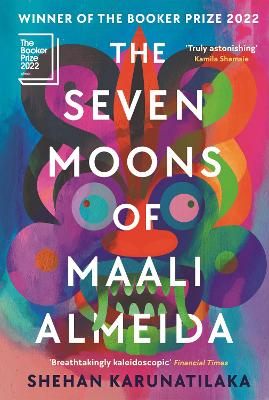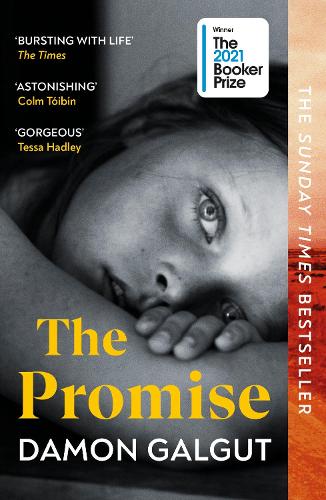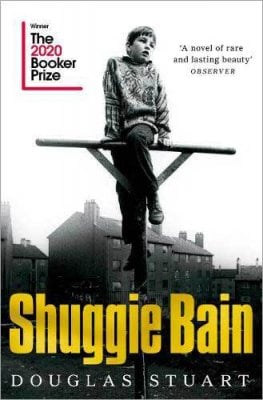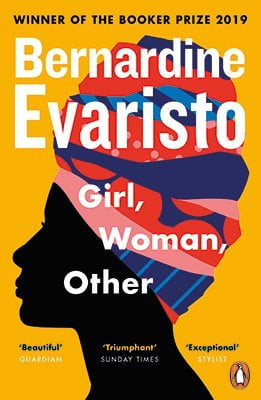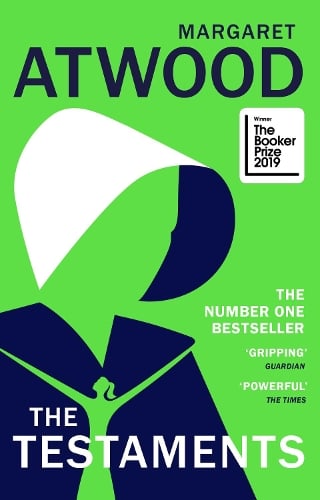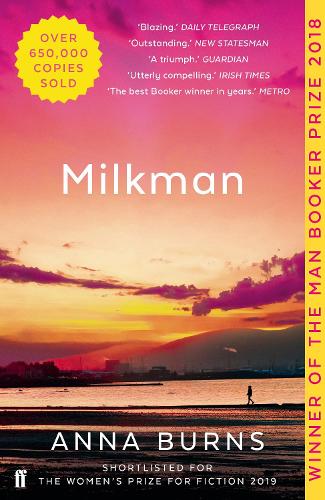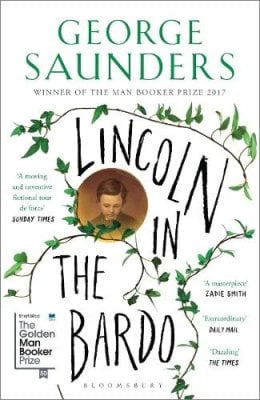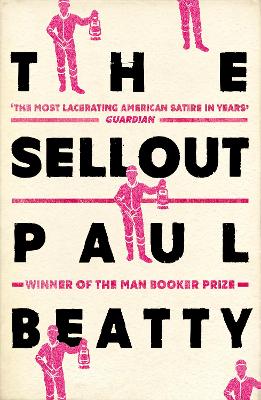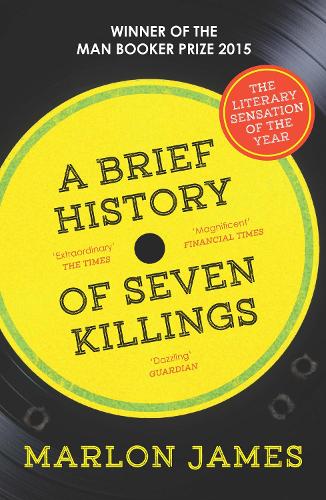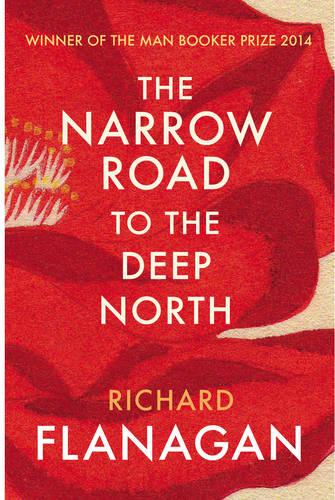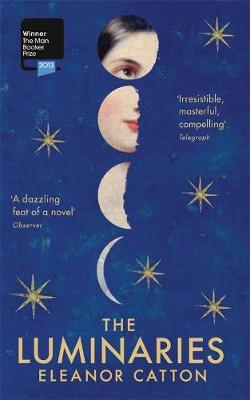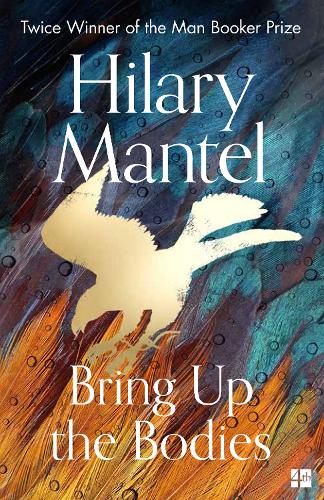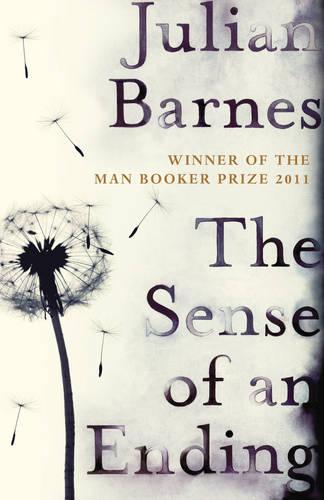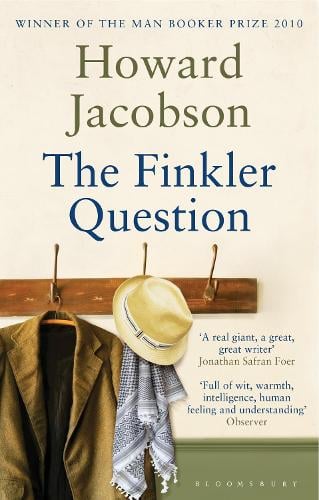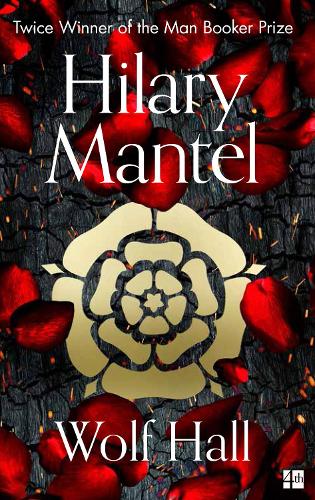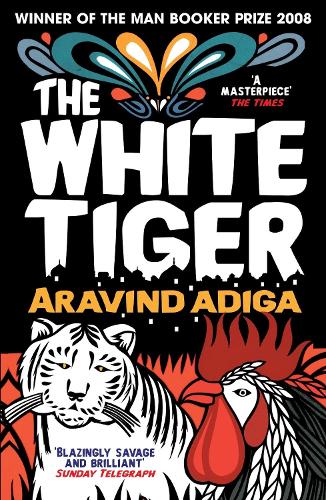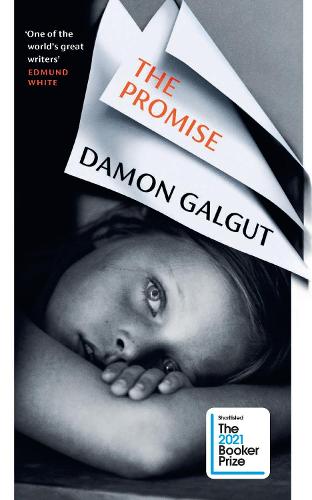
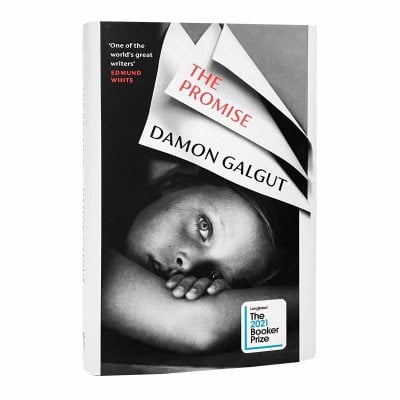
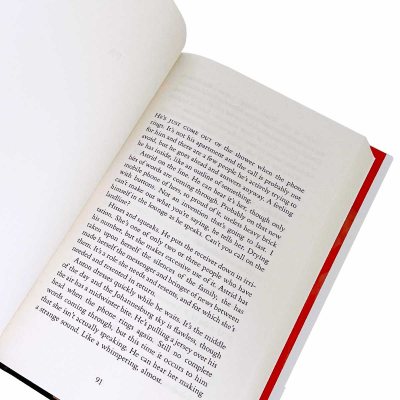
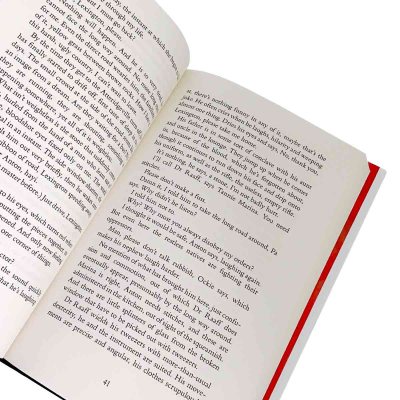
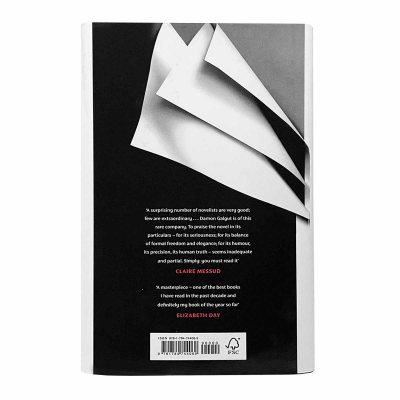






Set during four funerals across four decades, Galgut’s panoramic study of one white South African family’s tribulations foregrounds the intimately personal in the epic narrative of a rapidly changing nation.
Winner of the Booker Prize 2021.
Shortlisted for the Rathbones Folio Prize 2022
A masterpiece of a family in crisis from twice Booker-shortlisted author Damon Galgut
The Promise charts the crash and burn of a white South African family, living on a farm outside Pretoria. The Swarts are gathering for Ma's funeral. The younger generation, Anton and Amor, detest everything the family stand for -- not least the failed promise to the Black woman who has worked for them her whole life. After years of service, Salome was promised her own house, her own land... yet somehow, as each decade passes, that promise remains unfulfilled.
The narrator's eye shifts and blinks: moving fluidly between characters, flying into their dreams; deliciously lethal in its observation. And as the country moves from old deep divisions to its new so-called fairer society, the lost promise of more than just one family hovers behind the novel's title.
In this story of a diminished family, sharp and tender emotional truths hit home. Confident, deft and quietly powerful, The Promise is literary fiction at its finest.
Publisher: Vintage Publishing
ISBN: 9781784744069
Number of pages: 304
Weight: 422 g
Dimensions: 222 x 144 x 29 mm
MEDIA REVIEWS
A superb novel; a nuanced, sad, hilarious portrait of a family and a country - PAULA HAWKINS
This story was so powerful, the writing so strong and supple... What an achievement - CLARE CHAMBERS
A moving, brilliantly told family epic . . . darkly comic . . . phenomenally good - ELIZABETH DAY
Layered, clever...with a gripping story - CLAIRE FULLER, Daily Mail, Books of the Year
A brilliant book told over four decades and four funerals . . . These are characters dancing on the edge of ruin . . . Intoxicating - ANNA HOPE
Astonishing . . . about fate and loss, about three siblings and land, a promise made a broken - COLM TOIBIN
A remarkable tale of four generations of one South African family and of the country itself... No wonder it won the Booker - Observer, Books of the Year
Vivid and suggestive, moving and often very funny - Daily Telegraph, Books of the Year
Outstanding . . . Gripping . . . There is also plenty of unexpected comedy - BBC News
Brilliant... Rarely have I had such a strong sense, while reading a novel, that I myself was there, in the room with the characters - Financial Times
A dazzling feat of kaleidoscopic storytelling - The Times, Books of the Year
Stunning . . . Galgut deploys every trick in the book; he's heart-swellingly attentive to emotional complexity . . . - Anthony Cummins, Observer
Galgut seems to deliver effortlessly...there's nothing he can't do... [his] style is quiet but the book feels bursting with life because of all the of all the off-page, between-times details he hints at... This is so obviously one of the best novels of the year... a book that answers the question "what is a novel for?" With a simple: "This!" - John Self, The Times
The Promise functions as a spare but thoroughly satisfying parable, the decline of the Swarts into moral degeneracy and death tracing the forsaken promises of the post-apartheid era, from early hope to the contemporary realities of corruption and racial enmity . . . [a] magisterial, heart-stopping novel - Nat Segnit, Times Literary Supplement
A complex, ambitious and brilliant work - one that provides Galgut's fullest exploration yet of the poisonous legacy of apartheid . . . Galgut describes his characters with rare assurance and skill, conjuring them to life in a narrative voice that moves restlessly from character to character . . . Rarely have I had such a strong sense, while reading a novel, that I myself was there, in the room with the characters - William Skidelsky, Financial Times
The Promise is fully rooted in contemporary South Africa, but the novel's weather moves into the elemental while attending also to the daily, the detailed and the personal. The book is close to a folktale or the retelling of a myth about fate and loss, about three siblings and land, a promise made and broken. The story has an astonishing sense of depth, as though the characters were imagined over time, with slow tender care - Colm Tóibín
Damon Galgut's The Promise is about an unfulfilled but promising life and about the repeatedly broken promises by a white family to a black household worker. With unostentatious virtuosity Galgut - one of the world's great writers - enters the minds of all his characters, rich or poor, white or black, male or female, even the thoughts of a homeless man beset by visions. The language has a Flaubertian clarity and the intimate knowledge of the family is matched by an authoritative understanding of South Africa's complex history. This is the most important book of the last ten years - Edmund White
Remarkable . . . The Promise suggests that the demands of history and the answering cry of the novel can still powerfully converge . . . the novel's beautifully peculiar narration aerates and complicates this fatal family fable, and turns plot into deep meditation . . . Galgut is wonderfully, Woolfianly adept at moving quickly between characters' thoughts - James Wood, New Yorker
The Promise is a gorgeous and pleasurable novel, with an imaginative heft to match Galgut's fellow South African writers Gordimer, Coetzee and Brink. It's richly evocative of the land and its people, and reports on a new South Africa without fake moralising; it made me laugh, too. Dreamlike yet so solidly well-made, The Promise has lived on inside my head, unsettling and troubling me - Tessa Hadley
The Promise by Damon Galgut is a masterpiece - one of the best books I have read in the past decade and definitely my book of the year so far. Galgut is a master of the form. His free-flowing prose moves effortlessly from inside one character's head to another and displays a wealth of compassion and insight from multiple perspectives. This novel is a moving, brilliantly-told family epic with political resonance which also manages in parts to be darkly comic. Phenomenally good - Elizabeth Day
Damon Galgut: The Waterstones Interview
Description
Transcription
You may also be interested in...
“A brilliantly written story that lives on long after the last page has been read.”
The Promise’ stretches from the 1980s to the present day and so covers some incredibly important decades in the history of South Africa. And yet, whilst there is mention of Mandela, of truth and reconciliation, of... More
“A worthy Booker winner”
I am so pleased this magnificent novel triumphed in this year's Booker Prize! It really is a brilliantly constructed book which speaks so powerfully about a wide range of issues from toxic family battles to... More
“A book of the year? Read it!”
This is a stunning novel and a great read, unless perhaps you are a white South African who is disinclined to support majority rule and thinks your heritage has been stolen! The narrative is centred round the deaths... More
Please sign in to write a review
Sign In / Register
Sign In
Download the Waterstones App
Would you like to proceed to the App store to download the Waterstones App?


